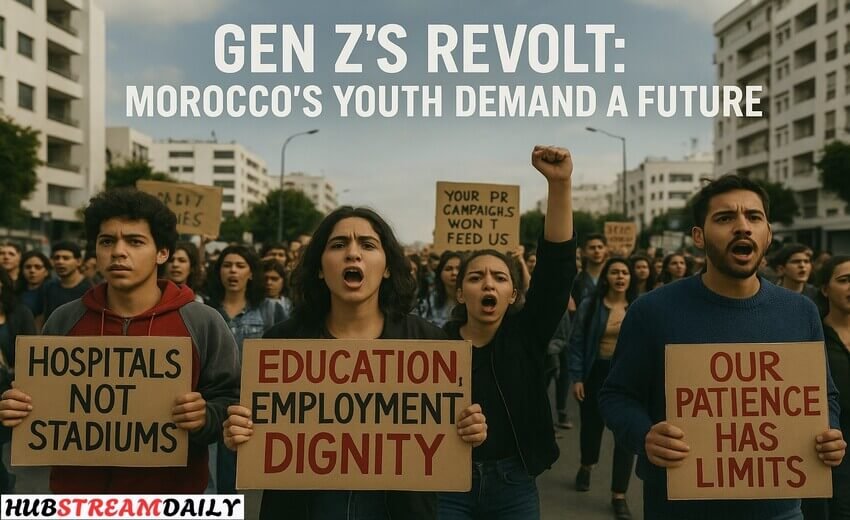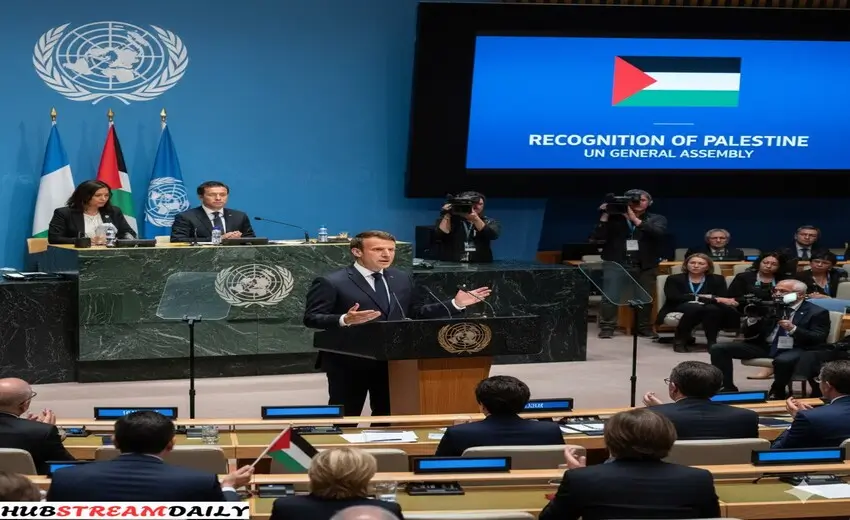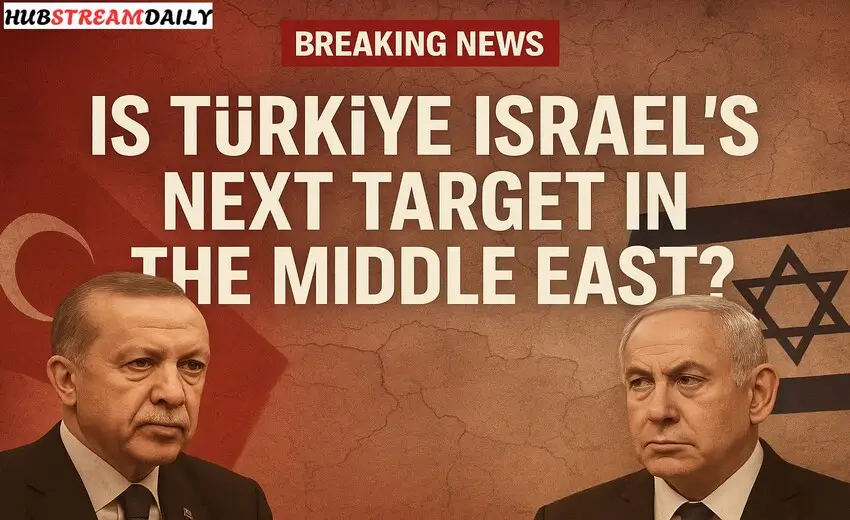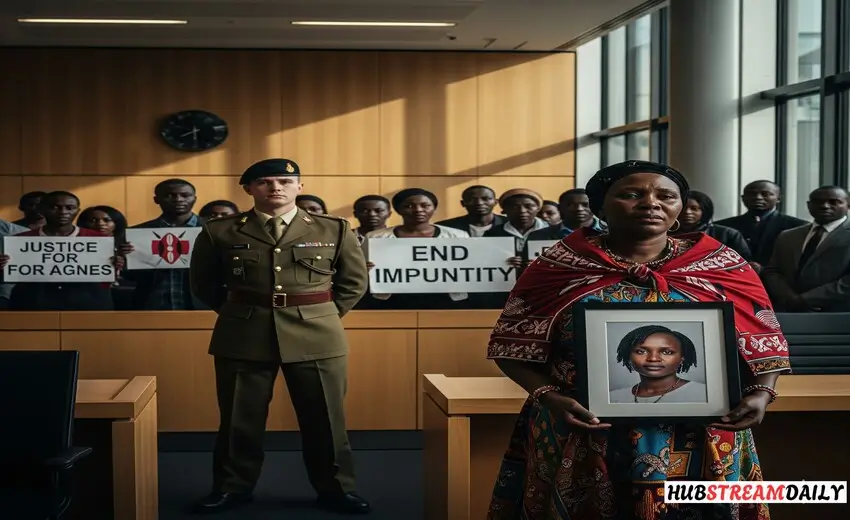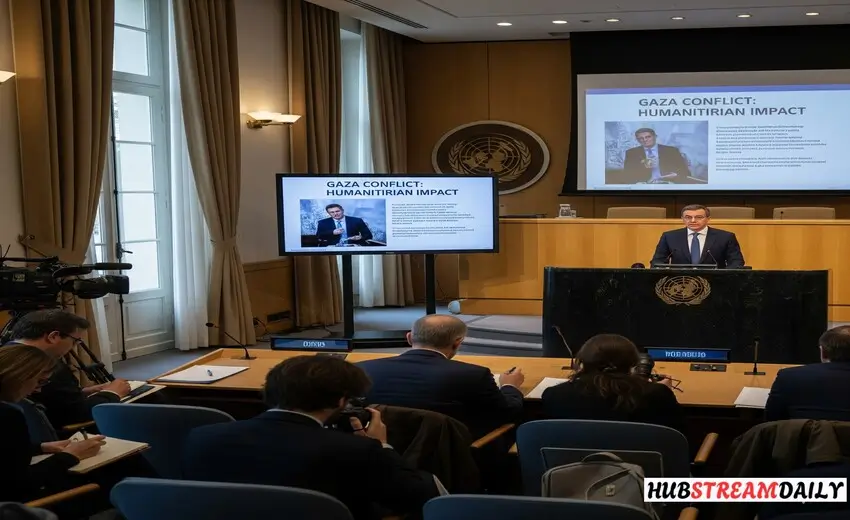
Once again, U.S. President Donald Trump has drawn global attention. In a statement at the White House, he announced that within the next two weeks, he will decide whether to impose “major sanctions,” “major tariffs,” both together, or completely withdraw from playing a mediating role. Through this announcement, he expressed frustration with the stalemate in Russia-Ukraine peace talks and hinted that if Moscow does not reach a compromise, the U.S. may take tough economic measures.
Warning: “This is your war”
Trump’s statement clearly reflected a strategy of pressure. He said that until Russian President Vladimir Putin and Ukrainian President Volodymyr Zelensky sit directly at the negotiation table, the U.S. will not be interested in accelerating the peace process.
Political analysts believe this statement serves as a warning to Ukraine and also signals that America might withdraw from its active diplomatic role.
A recent Russian airstrike on a U.S.-operated factory in Ukraine, which caused damage and injuries, has further hardened Trump’s position. According to him, the attack clearly highlights the stalemate in the peace process and provides sufficient reason for punitive actions against Russia.
Ukraine demands talks, but Russia shows reluctance
Ukrainian President Zelensky has repeatedly stated that the solution lies in direct talks. However, Moscow refuses to participate in such meetings, claiming there is still no clear agenda.
As a result, the negotiation process has come to a complete halt. This has disappointed Trump, as well as left European partners frustrated due to the lack of new solutions. According to Trump, a direct meeting between Putin and Zelensky is the only path forward. But due to Russia’s reluctance, that possibility remains uncertain. For Ukraine, this situation poses a dual risk.
The Controversy of Sanctions
Lawmakers from both the Republican and Democratic parties have introduced a proposal called the “Sanctioning Russia Act 2025,” which proposes a 500% tariff on Russian energy exports and secondary sanctions on countries continuing trade with Russia.
“Major sanctions, major tariffs, or both — I will decide very soon,” Trump said. This vague remark leaves several possibilities open — from limited financial sanctions to tariffs that could have significant impacts on the energy market.
Trump’s Strategy: A Two-Week Deadline
In recent months, he has used the same strategy with Iran, China, and even on domestic policy. Critics argue it creates uncertainty without producing visible results. Supporters believe this method helps Trump bring urgency to the negotiation table.
A two-week ultimatum is nothing new for Trump. Regarding Russia-Ukraine, this deadline has once again brought him to the center of the discussion. He directly placed responsibility on Putin and Zelensky, while keeping final control in his own hands.
Mixed International Reactions to Trump’s Ultimatum
- New tariffs could destabilize the global energy market.
- Analysts believe Russia feels it can withstand new sanctions by strengthening trade with China and India.
- If sanctions are implemented, Russia’s trade policy could face major challenges.
Risks for Russia
If sanctions are enforced, Russia’s economy could take a significant hit. Energy exports are the country’s main source of income. Imposing a 500% tariff could severely impact Russian oil and gas exports.
To withstand previous sanctions, Russia has shifted focus to Asian markets and increased investments in domestic industries. But any new, large-scale sanctions could further destabilize Russia’s economic stability.
Still, Putin has previously withstood international pressure, and many believe he will not back down easily.
Conclusion: A Defining Moment
Trump’s two-week ultimatum has added a new dimension to the Russia-Ukraine war. This time, his own credibility is tied to the decision.For Ukraine, this war is a matter of survival.
The next 14 days will be crucial. Will Trump’s decision open the doors to dialogue in global politics, or will it build higher walls of division — that remains the burning question today.

